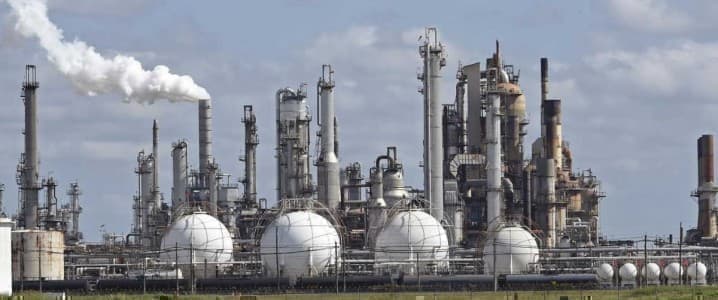Anglo-Dutch supermajor Shell has reaffirmed its commitment to becoming a net-zero company by 2050, saying that its oil production peaked in 2019 and is set for a continual decline over the next three decades.
At the same time, Shell said its carbon dioxide emissions also likely peaked, a year earlier, in 2018.
“Our accelerated strategy will drive down carbon emissions and will deliver value for our shareholders, our customers and wider society,” chief executive Ben van Beurden said.
“We must give our customers the products and services they want and need – products that have the lowest environmental impact. At the same time, we will use our established strengths to build on our competitive portfolio as we make the transition to be a net-zero emissions business in step with society,” he added.
The company has set itself new, stricter emission-reduction targets, seeking to curb its CO2 footprint by 6 to 8 percent by 2023 from 2016 levels, then further by 20 percent from 2016 levels by 2030, and by 45 percent from 2016 levels by 2035 before hitting the 100-percent emissions target by 2050. These targets, the company said, include all of the emissions associated with its business operations as well as emissions generated from the use of its products by customers.
Shell reported an 87-percent plunge in 2020 profits from a year earlier. While the result was negatively affected by the pandemic, Shell still managed to remain in the black, unlike peers including BP and Exxon.
Despite Shell’s plans to keep producing less and less oil, Van Beurden said earlier this month he expected oil demand to recover, climbing closer to pre-pandemic levels by 2022.
“Aviation will be a very significant contributor to that remaining recovery that we need to see,” said van Beurden, echoing estimates from analysts who see jet fuel demand as the main drag on global oil demand recovery.
By Irina Slav for Oilprice.com
More Top Reads From Oilprice.com:
- Morgan Stanley: Gasoline Industry Is About to Become Totally Worthless
- Can Exxon Bounce Back From A Disasterous 2020?
- The Oil Deal That Could Break Up Iraq


















